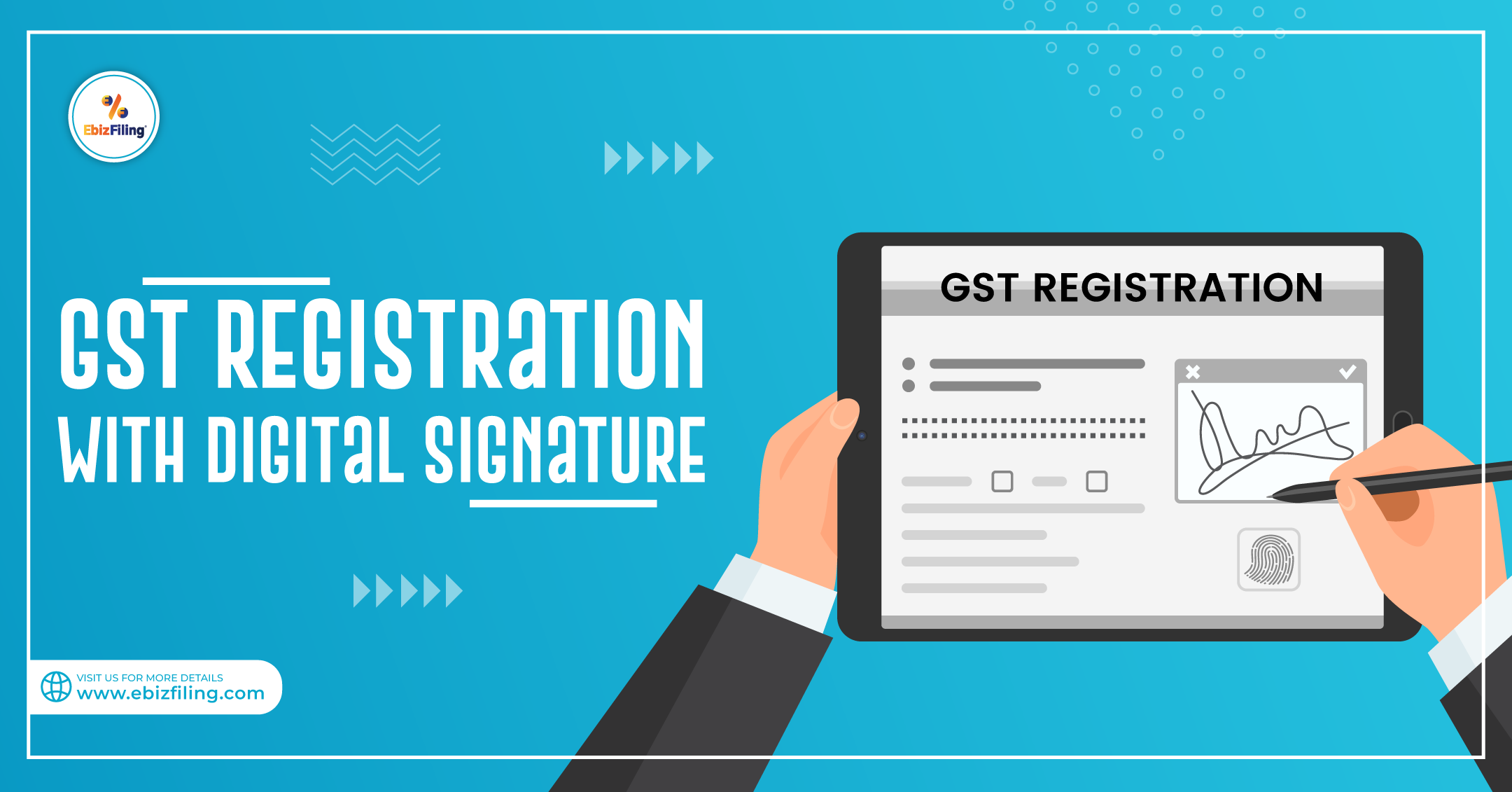Why Singapore GST Registration is Vital for Your Startup
Why Singapore GST Registration is Vital for Your Startup
Blog Article
The Ultimate Guide to Simplifying the GST Registration Refine and Requirements for Small Company Owners

Recognizing GST Essentials
To understand the basics of the Product and Solutions Tax Obligation (GST) system, little service proprietors have to initially recognize its underlying ramifications and principles. GST is a value-added tax obligation imposed on most items and services for residential consumption. It aims to enhance the tax process by changing multiple indirect tax obligations imposed by the state and main federal governments. Under the GST regime, businesses are called for to sign up and accumulate tax on behalf of the government, guaranteeing transparency and conformity.
One of the vital concepts of GST is input tax debt, which permits organizations to declare credit rating for taxes paid on their purchases. This device avoids the cascading result of tax obligations and advertises effectiveness in the tax obligation system. In addition, GST is a destination-based tax obligation, suggesting that the tax obligation is levied at the point of consumption instead of the point of beginning. This makes sure fair distribution of tax obligation income among states based on where the products or solutions are eaten. Understanding these basic principles is critical for tiny service owners to browse the complexities of the GST system and make certain compliance with the law.
Qualification Requirements for Registration
Having developed a fundamental understanding of GST principles, tiny service proprietors have to currently fulfill certain eligibility criteria to continue with the enrollment process. In India, entities took part in the supply of goods or solutions with a yearly accumulation turnover going beyond Rs. 40 lakhs (Rs. 10 lakhs for unique classification states) are called for to sign up for GST. In addition, specific businesses such as those associated with inter-state supply of products, casual taxed individuals, and those called for to pay tax obligation under the reverse charge mechanism must sign up for GST regardless of their turnover. Moreover, companies that were signed up under the previous tax regime (BARREL, service tax obligation, etc) are likewise mandated to sign up under GST. Nonetheless, agricultural businesses that just provide produce out of key production are excluded from GST enrollment. It is crucial for local business owner to thoroughly evaluate their eligibility based on these criteria to make certain compliance with the law and stay clear of any type of fines for non-compliance.
Files Required for GST Registration

Simplified Enrollment Process Actions
Adhering to the collection and verification of the requisite files, the registration process for GST can be browsed via a collection of streamlined steps developed to help with reliable compliance for little organization proprietors. Upon effective verification, an Application Recommendation Number (ARN) is released, suggesting the conclusion of the GST enrollment process. By complying with these simplified steps, little service proprietors can properly sign up for GST and make certain conformity with tax laws.
Tips for Ensuring Compliance
To maintain regulatory adherence and functional honesty, diligent oversight and proactive steps are critical in making sure conformity with GST demands for little service owners. Little company proprietors need to remain updated with GST policies, filing deadlines, and any adjustments in tax obligation prices to prevent charges and maintain a good standing with tax obligation authorities. Participating in GST recognition workshops or training programs can improve understanding and compliance with GST regulations, ultimately profiting the service in the long run.
Conclusion
Finally, small company proprietors should comprehend the basics of GST, fulfill the qualification requirements, gather essential papers, and comply with the simplified registration process actions to make sure compliance. By streamlining the GST registration procedure and needs, small company owners can stay clear of charges and operate their organizations efficiently within the legal structure - Singapore GST Registration. It is important for small organization owners to stay informed and certified with GST policies to keep Recommended Site a successful business procedure
Small organization owners looking for GST registration have to ensure they collect and submit the essential files to complete the enrollment process successfully. The files needed for GST registration normally include evidence of business enrollment or unification, PAN (Long-term Account Number) card of the organization identity, entity and address proof of the promoters/partners/directors, photos, address evidence of the place of service, financial institution account statements or canceled cheques, and consent forms. Going to GST awareness workshops or training programs can boost understanding and compliance with GST policies, inevitably profiting the business in the long run.
By streamlining the GST enrollment procedure and requirements, little business owners can prevent charges and run their businesses smoothly within the legal framework. It is important for little useful link company proprietors to stay informed and certified with GST guidelines to maintain an effective service procedure.
Report this page